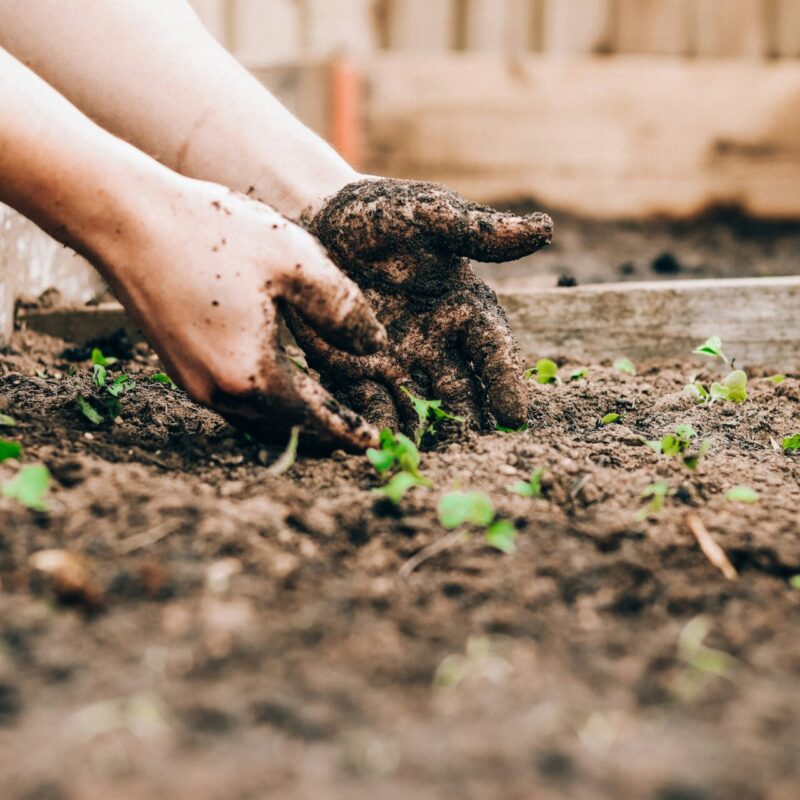National Recovery Plan for food safety

A public hearing was held on April 8 on the revision of the National Recovery Plan. One of the changes is to be the strengthening of agricultural and food system activities and financial support for agriculture and food production. Morgan Janowicz and Szymon Zugaj of the Green REV Institute addressed the planned intervention.
Morgan Janowicz: „the motivation for the actions presents only a fragmented analysis of the situation, which means that the planned solutions and interventions will simply be ineffective, or will lead to even greater crises.
Farmers are the group that is most and most quickly affected by the lack of action on climate, planet and biodiversity restoration. Agricultural interventions should focus on transforming agriculture and the food system and transitioning to plant-based systems for people. Abandoning pro-environmental requirements in the Common Agricultural Policy, or blocking a regulation on restoration of natural resources will have the opposite effect to that declared – increasing climate pressure on farmers , declining agricultural incomes and strengthening the big players in the agricultural market. In 20 years, the number of farms in Poland has more than halved.
This is a global trend, with our food being produced by corporations, resulting in a climate, social and environmental crisis. The acquiescence of those in power to the so-called granaries of the world results in crises such as the current one related to grain imports from Ukraine, while building food security on an animal production system is not only inefficient – it is also dangerous. By 2030, crop losses could be 4.5 times higher. By 2050, the world could face rice or wheat shortages every other year, with soybean and corn shortages even more likely. Global hunger could affect up to 783 million people in 2022, up 122 million from pre-pandemic levels in 2019. Animal agriculture, an extremely inefficient system of feeding the global human population, threatens food security and the UN’s second Sustainable Development Goal of ending world hunger. For every 100 calories fed to animals in the form of grains, only 17-30 calories enter the human food chain in the form of meat. The climate crisis has already reduced global agricultural productivity growth (Ortiz-Bobea et al., 2021, 306-312), and without further action on greenhouse gas emissions, chronic hunger will continue to escalate. This data is available to all of us. In particular, for those who decide what the future of agriculture in Poland will be through financial support. These decisions must be based on concern for farmers, not businesses. These decisions must take into account the welfare and interests of consumer people, not lobbyists. We want public funds to be spent in the food area in accordance with the idea of transformation, a just transformation of the food system, allowing a transition to sustainable agriculture and supporting those who produce food for people while caring for the environment, the planet and animals.”
Credit: unsplash

